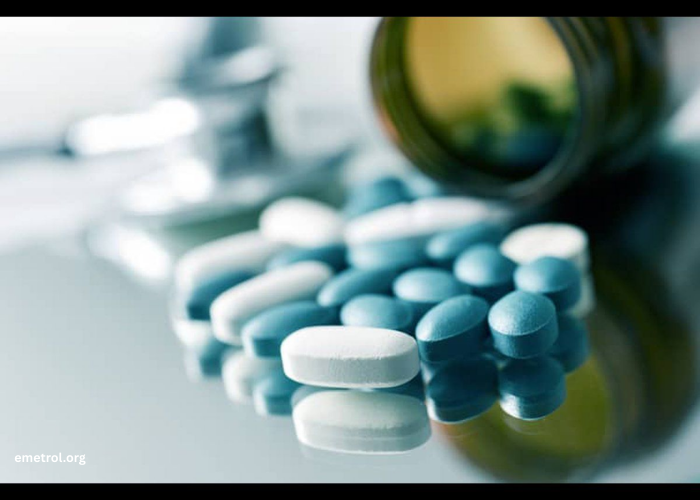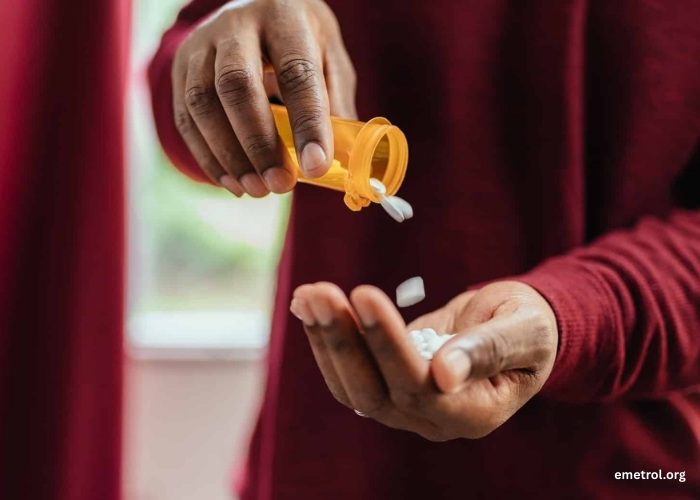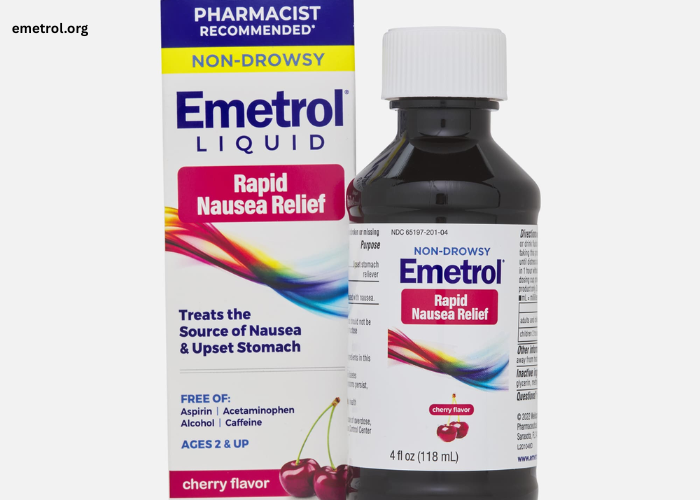Nabilone is a man made form of the cannabis‑related substance and is used to control severe feeling sick and vomiting that are so severe that they can’t be stopped by other anti sickness medicines. It is particularly recommended when other antiemetic drugs have failed to work. Nabilone operates through a modulation of the brain’s cannabinoid receptors, and aids in the alleviation of symptoms of chemotherapy.
Key Points:
Nabilone is used to help people who take certain drugs for cancer treatment to prevent nausea and vomiting.
It is usually used when other antiemetics have not worked.
Work with patients to adhere to prescribed doses to help reduce side effects.
What is Nabilone and how is it used?
Cesamet (nabilone) is a synthetic form of the naturally occurring delta-9-tetrahydrocannabinol (Δ⁹-THC) in marijuana. Unlike Cannabis (Derived from Nature), nabilone is a controlled drug and is used under close medical supervision. It works by hooking on to so-called cannabinoid receptors in the brain that help regulate nausea and vomiting. The interaction is one that helps balance the symptoms of chemo treatments.
What Conditions Does Nabilone Treat?
Nabilone is primarily prescribed for:
Chemotherapy Induced Nausea and Vomiting: it is administered when other anti-emetic drugs have failed.
Increased Appetite: Used in some instances to increase appetite in ill patients with, for example, HIV/AID.
It’s worth noting that nabilone is not currently approved for general use in nausea or vomiting and should be used treatment only under a medical provider’s supervision for the conditions mentioned above.
How Is Nabilone Administered?
Nabilone occurs in a capsules given by mouth. The usual adult dose is 1-2 mg twice daily. The first dose is usually taken the evening before chemotherapy starts; follow your doctor’s instructions for its use, and the timing of later doses. Treatment may be continued for as long as 24 hours post chemotherapy, according to the patient’s condition and their physician’s instructions.
Compliance with the recommended dosage and schedule is important for treatment success and for avoiding possible side effects.
What Are Side Effects Associated with Using Nabilone?
As with any drug, nabilone has the potential for side effects. Common side effects include:
Feeling dizzy or lightheaded upon standing up or after standing for a long time.
Fatigue or feeling unusually good (feeling of false well-being).
Dry mouth.
Headache.
Very serious side effects, however is considered rare, are:
Changes in mood or confusion.
Seizures.
Hallucinations.
Fast or pounding heartbeat.
Immediate medical treatment is required if any of these serious side effects occur.
Cautions Avoid alcohol and other central nervous system depressants (concomitant use may cause severe mental effects); nabilone causes dependence.
Who Should Not Take Nabilone?
There are some people who should not take nabilone because it may not be safe. Doctors will consider the following factors before prescribing nabilone:
Responses to cannabinoids or associated products.
History of heart problems (eg, CHF, hypertension, irregular
Liver or kidney disease.
Mental illness conditions like, depression, schizophrenia or bipolar disorders.
Pregnancy or breastfeeding status.
Nabilone is safe only if a complete medical history can be given.
Note: Please don’t take any medications without first consulting a doctor.
How Should Nabilone Be Stored?
Keep nabilone at room temperature and away from excess heat and moisture. Store the medicine in a closed container at room temperature, away from heat, moisture, and direct light. Do not take nabilone after the expiry date printed on the bottle. If you have any unused or outdated medicine, ask your pharmacist how to dispose of these medicines.
Conclusion
Nabilone is an effective therapy for the treatment of chemotherapy-induced nausea and vomiting, particularly when other therapies have failed. PR is effective but requires cautious pro-perioperative management and surveillance as it is associated with possible adverse effects. Always make sure to follow your doctor’s instructions and report any worries or side effects during treatment.
FAQ’s
What is Nabilone used for?
Nabilone is indicated to treat severe nausea and vomiting from cancer chemotherapy when other antiemetics have failed.
How should Nabilone be taken?
It is taken orally as a capsule, usually 1 to 2 mg twice a day, beginning the evening before chemotherapy and continued for up to 24 hours following chemotherapy. Medscape Reference+3Rexall+3WebMD+3
What are the side effects of Nabilone?
Side Effects Dizziness, drowsiness, dry mouth, and headache are common. Life-threatening side effects can include changes in mood, confusion, seizures, and hallucinations.
Who should not take Nabilone?
Do not take nabilone if you have allergies to cannabinoids, have heart problems, liver or kidney disease, or mental health problems.
How should Nabilone be stored?
Keep Nabilone at room temperature away from heat and moisture, and keep out of the reach of children. Not for use after the expiration date.



